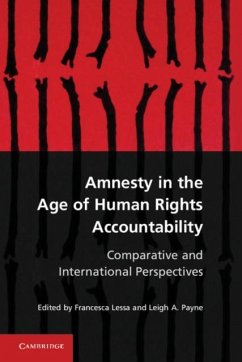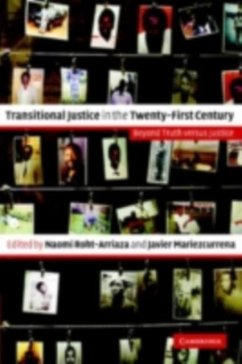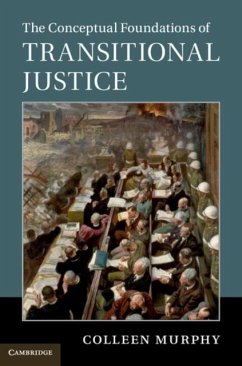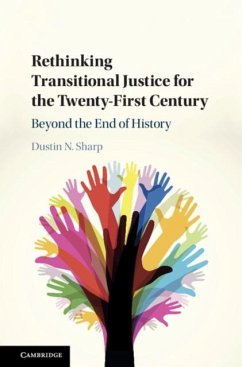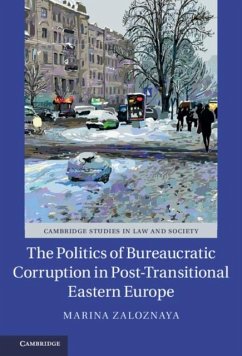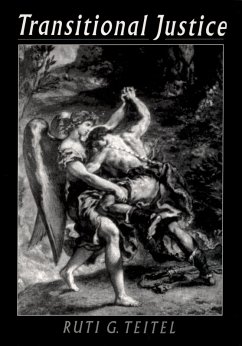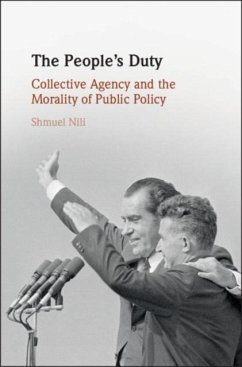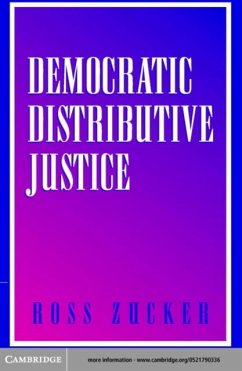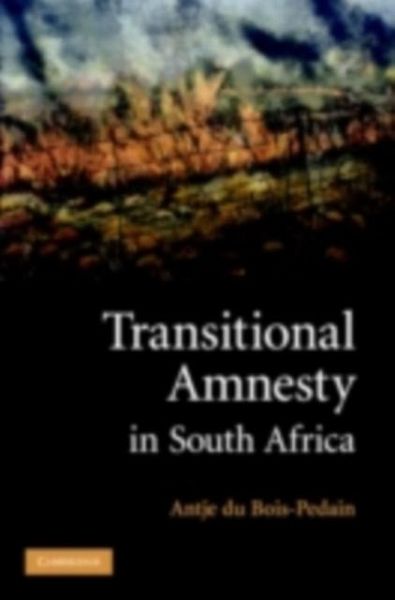
Transitional Amnesty in South Africa (eBook, PDF)
Versandkostenfrei!
Sofort per Download lieferbar
36,95 €
inkl. MwSt.
Weitere Ausgaben:

PAYBACK Punkte
18 °P sammeln!
After the transition to democracy in 1994, South Africa reached out to perpetrators of violence from all conflicting parties by giving amnesty to those who fully disclosed their politically motivated crimes. This 2007 volume provides a comprehensive analysis of South Africa's amnesty scheme in its practical and normative dimensions. Through empirical analysis of over 1000 amnesty decisions made by the Amnesty Committee of the Truth and Reconciliation Commission, the study measures the scheme against its stated goals of truth recovery, victim empowerment and perpetrator accountability. It also ...
After the transition to democracy in 1994, South Africa reached out to perpetrators of violence from all conflicting parties by giving amnesty to those who fully disclosed their politically motivated crimes. This 2007 volume provides a comprehensive analysis of South Africa's amnesty scheme in its practical and normative dimensions. Through empirical analysis of over 1000 amnesty decisions made by the Amnesty Committee of the Truth and Reconciliation Commission, the study measures the scheme against its stated goals of truth recovery, victim empowerment and perpetrator accountability. It also explores normative questions raised by the absence of punishment. Highlighting the distinctive nature of South Africa's conditional amnesty as an exceptional 'rite of passage' into the new, post-conflict society, it argues that the amnesty scheme is best viewed as an attempt to construct a new 'justice script' for a society in transition, in which a legacy of politically motivated violence is being addressed.
Dieser Download kann aus rechtlichen Gründen nur mit Rechnungsadresse in A, B, BG, CY, CZ, D, DK, EW, E, FIN, F, GR, HR, H, IRL, I, LT, L, LR, M, NL, PL, P, R, S, SLO, SK ausgeliefert werden.




